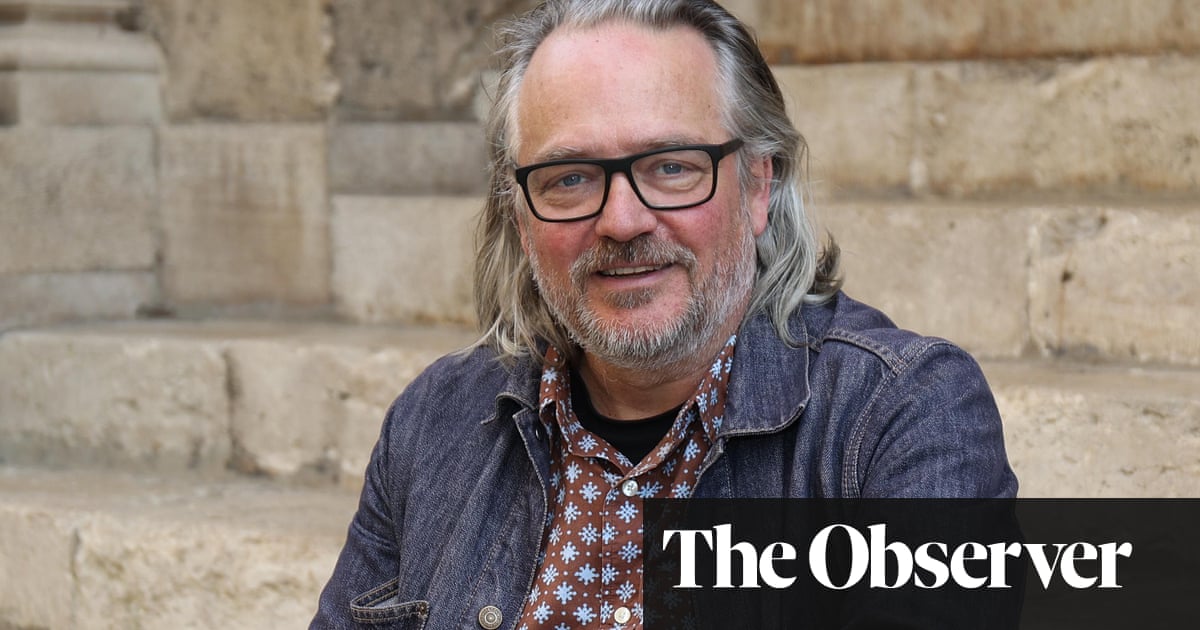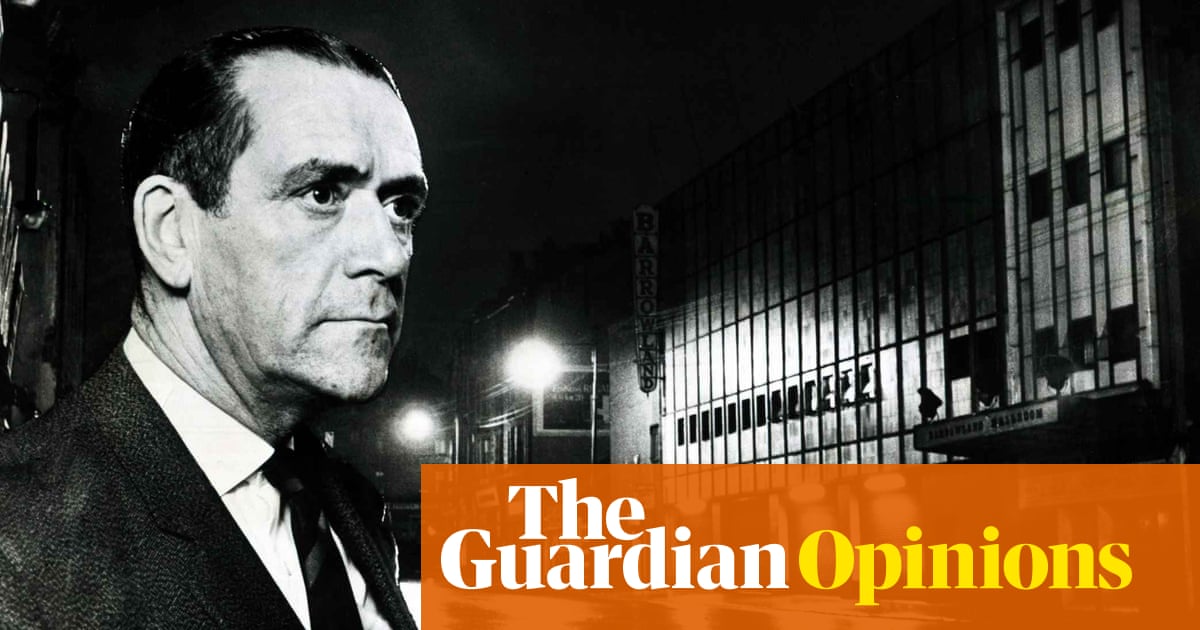
In March, the Tunisian became the first African, Arab or Muslim manager to work in the English Football League
Maamria was born in Gafsa, in southwest Tunisia, and made it his mission to be a professional footballer
LONDON: “I’ve had a fair few firsts in my career,” said Dino Maamria. Coming from a gregarious character who is justly proud of his remarkable achievements in the game, the comment could be seen as
an understatement.
In March, the Tunisian became the first African, Arab or Muslim manager to work in the English Football League — the latest chapter of a trail-blazing life in football.
From lifting the Tunisian Cup in 1994 to a chance encounter with a Burnley scout and a stint as a professional in England, and now as manager of Stevenage FC in England’s fourth tier, it has been some football journey.
“Blood, sweat and tears” is the phrase most often used when describing the sacrifices made to succeed in the game, but in Maamria’s case it is a story of mental fortitude and unrelenting determination to always better himself.
Appointed at League Two Stevenage last month, after previously serving as striker and assistant coach, Maamria is aware of the status his new role brings, and having spent the first four years of his life living in a tent near the Sahara Desert, he wants to show fellow Arabs that “nothing is impossible.”
“I hope I can be an inspiration, that’s what I want to be. It’s a tough journey for people who came from my background and, hopefully, I can inspire people to do the same.
“Never put a limit to your ambition — just go and make it happen,” he told Arab News.
“I am where I am because of hard work and dedication. There is no comfort zone with me. If you pursue your dreams, you can achieve them.”
His goal now is to get to the very top, joining his idol Pep Guardiola as a manager in the Premier League.
“You have to have ambitions. I’ve always wanted to be a manager. Now I want to be the best manager I possibly can be, and that means working in the Premier League.
“Life is good, but I’m not getting comfortable. I have my UEFA Pro-License, and I’m probably one of the most qualified coaches outside the Premier League.
“You have to give yourself an edge. I never played in the top division, so don’t have the same connections or showbiz name, but my coaching education has been spot on.”
Maamria also wants to inspire Stevenage to climb the football pyramid. They are 15th and safe from relegation, but their new manager already has his eyes fixed on the Championship.
A 60-minute drive north of London, their Broadhall Way ground can hold just 6,700 fans, but “The Boro” have an engaged benefactor in chairman Phil Wallace, a local businessman who lives 30 minutes from the ground, and a training facility that would be the envy of a club in the higher divisions.
“Stevenage is a family club, a lovely club, and we have a great chairman who runs it very wisely. We haven’t got the biggest fanbase, but we have a reputation for developing players and winning promotions,” Maamria said.
“When he gave me the job, the chairman said to me, ‘Wherever you go, you win football matches.’ This is my club, and it’s the perfect time to come here and take them forward.”
Running a professional club in a leafy town just outside London is a considerable contrast from the manager’s early footballing years.
Maamria was born in Gafsa, in southwest Tunisia, and from the moment he saw Tunisia beat Mexico at the 1978 World Cup in Argentina, wanted to be a professional footballer.
Developing his skills on dirt tracks, playing barefoot with his five brothers, his first big break came at 14 when he was spotted by a scout from Tunisian club AS Marsa. He had to wait four years before making the move to the affluent north after his father insisted he finish his education.
“There is a huge divide between the north and the south. The north is where the sea, beaches, and the beautiful hotels and the money is, and the south is very poor. The top clubs in Tunisia used to be all in the north and in the 1980s there was no scouting system to recruit from the south,” Maamria said.
“Someone spotted me, wrote my name on a matchbox and then said to one of the top clubs, ‘I’ve seen this kid, he’s going to be good’.”
Biding his time, Maamria eventually signed for AS Marsa, becoming one of the first southerners to play in the Tunisian top flight, though it was not without its difficulties.
“As a southern boy, there was a lot of discrimination. I had a funny accent and people took the mickey constantly. I had to survive that. But I did well at Marsa. We won the President’s Cup and I was capped by Tunisia Under-21s.”
In 1995, he was playing in the President’s Cup semifinal when Burnley chief scout Brian Miller happened to be sat in the stands, taking in a game while he was on holiday. A few months later, Maamria was on a flight to England to sign a short-term contract at Turf Moor.
But a broken leg suffered a few weeks into his time in Lancashire kept him out of the game for 18 months and left him alone in Burnley, in an environment very different to his homeland.
“It was hard, but I was resilient and my background played a big part in that. The easy thing would have been to go back home, but I didn’t want to — I wanted to play in England.
“At the time there was no agent, no support network. I was on my own. It was a bit cold … but there was a lot to enjoy about the place. It was a dream to come to England.
“I came for the football. I wasn’t there to be a tourist. Burnley was a good club with passionate fans, a nice ground, and I just wanted to focus on football and make it as a professional.”
Maamria made use of his time on the sidelines and took his first steps in coaching, aged 25, working with the Burnley academy, whose students included a 9-year-old Jay Rodriguez, who now plays in the Premier League for West Bromwich Albion.
After failing to make an appearance for Burnley, Maamria’s football adventure took him to Ireland with Glentoran and on to lower league outposts such as Doncaster, Leigh RMI and Southport before he enjoyed the most consistent and successful spell of his career at Stevenage, scoring 26 goals in
84 games between 2003-06.
By this stage he had completed his UEFA A and B coaching badges as he prepared for life away from the pitch. He got his first chance to manage while playing for Northwich Victoria in the Conference — England’s fifth tier — and was appointed boss in 2007, winning the divisional manager of the year in his first season.
A return to Stevenage as assistant alongside Graham Westley saw the pair earn FA Trophy success at Wembley and take the club from non-league to the League One playoffs, before spells as manager at Southport and Nuneaton persuaded chairman Wallace to give the club’s cult hero his dream job last month.
The manager’s role is a seven-day-a-week labor of love. Our chat takes place in between midweek visits to watch Bromley against Barrow in the National League and Hitchin against Hereford. That is on top of daily training, fitness and nutrition, analyzing previous games and the micro-management of the club.
“I try to watch as many games as I can. There are a lot of rough diamonds in non-league. I worry if I stay at home, I might miss something, not see a player, and someone else will know more than me.
“Now, I deal with the chairman, the board of directors; I have to interact with all the staff at the ground and build certain relationships there.
“My greatest strength is inspiring players to produce their best.
I’m very motivated and organized — I leave nothing to chance. Winning is the best feeling in the world. It’s what drives me every day.”
The summer will provide the briefest of respites and the chance to watch Russia 2018, where the country of his birth will be playing his adopted nation on June 18.
“I want Tunisia to reach the second round and for England to win the World Cup,” he said.
“Whoever wins (that match), I’ll be happy either way... but only as long as Tunisia make it to the second round.”












